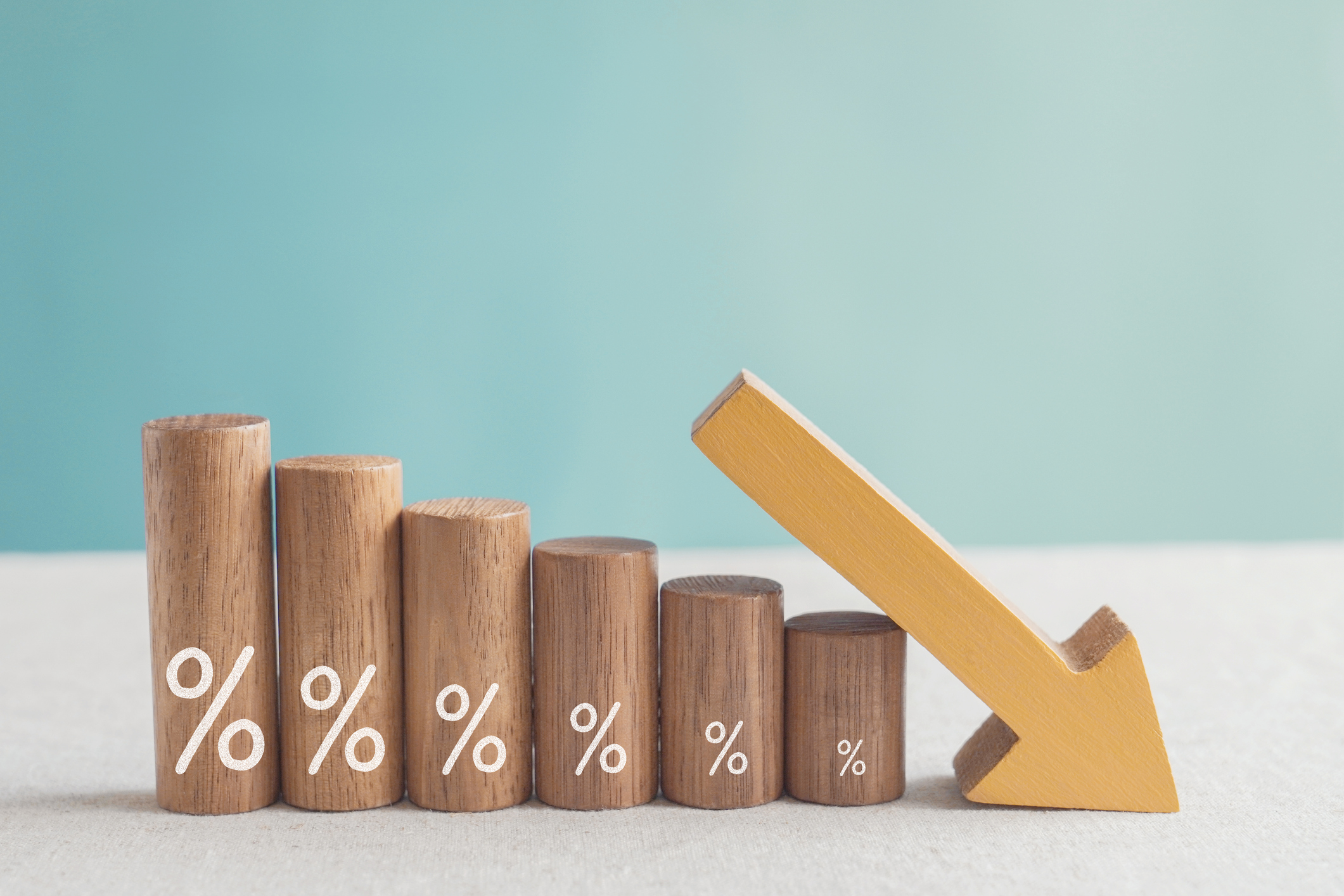
Debt has an uncanny knack for taking over one’s life. It looms, casts shadows, and keeps many trapped in its cycle. However, bankruptcy emerges as a beacon of hope, offering individuals a chance to reduce their burdens and embrace a brighter financial future.
As you prepare to break free from the chains of your financial history, consulting an attorney about bankruptcy might be your next best step. Chapter 7 and Chapter 13 bankruptcy both serve as potential solutions, but certain conditions determine your eligibility. Let’s delve into the specifics of Chapter 7.
Prior Experience with Chapter 7
If you’ve already ventured down the Chapter 7 route and successfully discharged your debts, an 8-year waiting period is mandatory before you can consider filing again. On the flip side, if your previous Chapter 7 attempt was unsuccessful, a shorter waiting time of 1 year applies.
Chapter 13 in Your Financial History?
Having previously settled your debts through Chapter 13 requires a waiting period of 6 years before you can explore Chapter 7. This duration is under the presumption that your Chapter 13 plan accounted for at least 70% of your valid unsecured claims.
Recent Financial Transactions: Transparency is Key
Engaging in financial transactions that seem dubious might be a roadblock. If any evidence suggests you concealed, transferred, or squandered assets with the intent of tricking your creditors within the last 2 years, Chapter 7 remains off the table.
Repayments to Familiar Faces
Settling debts with close acquaintances or family recently? A 1-year hiatus is essential before considering Chapter 7.
Credit Counseling: A Prerequisite
Taking proactive steps towards financial education and completing credit counseling is a non-negotiable prerequisite. Ensure these sessions are done 180 days before setting your sights on Chapter 7.
State Residency Matters: The California Clause
For those newly moved to California, a brief waiting period of 90 days is essential before you can file for Chapter 7 in this state.
Credit Card Usage and Cash Advances: Caution Ahead
Mind your credit card activity, especially as your filing date nears. Luxury purchases exceeding $600 within 90 days of filing, or cash advances over $750 taken within 70 days prior to filing can jeopardize your eligibility.
Further Factors to Consider
Navigating the timelines mentioned above is just the tip of the iceberg. The Means Test emerges as another significant determinant for Chapter 7. This test evaluates the proportion of your disposable income against your debts. A simple rule of thumb: If your disposable income can service over 25% of your debt, Chapter 7 might not be an option. However, Chapter 13 stands as an alternate route, offering a distinct yet advantageous strategy for debt alleviation.
For personalized advice and more information on bankruptcy, don’t hesitate to reach out to Law Offices of Terrence Fantauzzi at (909) 552-1238. Together, we can chart a course towards a debt-free future.
